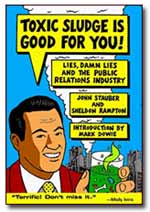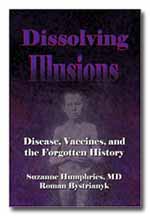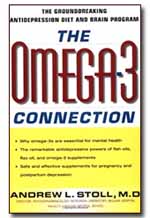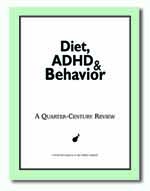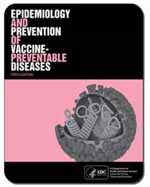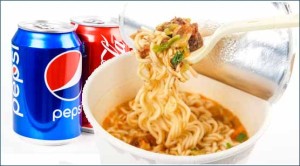 Childs Nervous System. 2011 May;27(5): 793-802
Childs Nervous System. 2011 May;27(5): 793-802
This is one of the first studies to
investigate the relationship between dietary components and Tourette syndrome (TS).
Using the laboratory that tested the Olympic Games contestants for illegal stimulant drugs, the researchers tested the urine of 44 children with Tourette’s Syndrome, and another 44 children without any disorders. Although none of the children were on any medications, three of those with TS had “excitatory” substances in their urine; one child had very elevated testosterone levels, and another two had high levels of various stimulant drug-like chemicals.
All three of these children tended to eat a lot of snack foods, instant noodles, and/or soda containing caffeine. In other words, they were ingesting high levels of MSG (an excitotoxin), caffeine, and probably artificial food dyes, flavorings, fat, sugar, and salt as well. While other children may eat such things without developing TS, the authors suggest that these children may have abnormal development of certain parts of the brain; when exposed to stimulant chemicals in food or medications (including Ritalin), it may trigger or aggravate Tourette’s symptoms.
QUOTE: “An increase in ephedrine type, testosterone, and stimulants may be related to the pathogenesis of TS. Unhealthy food possibly causes TS. The relationship between excitatory substances and TS needs to be explored with the goal of providing more information on diagnosing and treating TS.”
NOTE: Finding 3 out of 44 children with abnormal test results and assuming it is related to their diet seems to be a bit of a stretch, even though their diets were obviously poor. Nevertheless, I am including this study because it at least went so far as to ASK THE QUESTION!! If you do a MedLine search for “Tourette’s Syndrome diet” today, you will get a few studies about serotonin or tryptophan … while a search of “Tourette’s syndrome food dyes” actually comes up with nothing but Dr. Feingold’s paper in 1979.
MedLine || Full Text || Get Password



